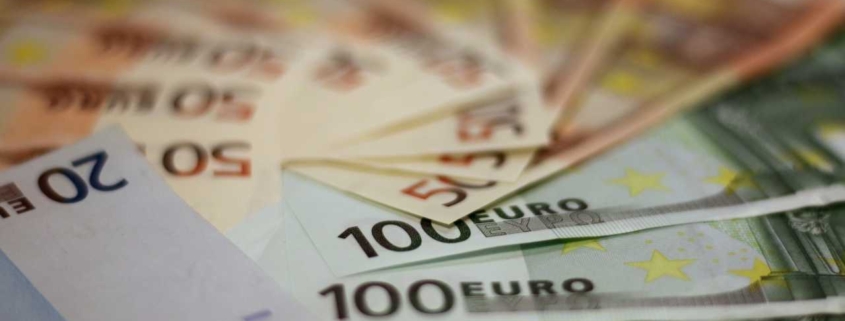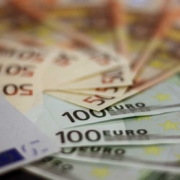VVD ideology bad for the economy.
For the umpteenth year in a row, the Netherlands falls on the IMD’s international competition list. Leading researchers have long pointed to the constant austerity of spending that hinders any innovation.
In the 1990s [1997], the Netherlands was still in fourth place. Since the end of the Purple cabinets, a clear shift has taken place in the policy of the Dutch government. Spurred on by the VVD ideology of as little government as possible, the Dutch government is increasingly pulling its hands off socio-economic developments.
Cutbacks
The Rutte-I cabinet, for example, cut back 300 million on independent scientific research. When the first Balkenende cabinet took office, the stimulus measures for the sustainable economy were also cut back. These measures have caused a great backlog when it comes to making the Netherlands more sustainable. Where Germany is now the front runner because it continued, the Netherlands is now hopelessly behind. As a result, much employment has been lost and additional costs now have to be incurred to meet European requirements. Cheap is expensive buy certainly goes for this.
Countries that were less rigid and continued to recognize the importance of the Government to continue to invest are much better off. Countries such as Germany, Switzerland and the United States perform much better. The fact that Germany and Switzerland are also fully participating underlines that not so much the costs are the problem, but rather the quality and the innovative character that is decisive. It is often thought that the Netherlands has lost much of its manufacturing industry because labor is too expensive. This is completely belied by Switzerland, for example, which has the most expensive workers in Europe.
Employment
The image that the VVD continuously paints that the Government does not create jobs is therefore incorrect. Not directly, but indirectly and in the long term, government policy determines the economic activity of a country. An ever-withdrawing government ultimately undermines a country’s competitive position. Investing in research, education and innovation is of strategic importance. The marginal efforts of the Rutte cabinet in the field of sustainability and again the cutbacks in education and research will eventually weaken the Netherlands even further.
Long-term structural reforms are needed to maintain fiscal sustainability. But that is completely different from cutting back and a government that thinks it can leave everything to the market. This VVD institution is fatal for the Dutch competitive position.
IMD: Swiss economic research institute
nederland-verliest-zicht-op-maakindustrie/
duurzame-kansen-voor-nederland/
http://www.z24.nl/economie/nederland-zak









